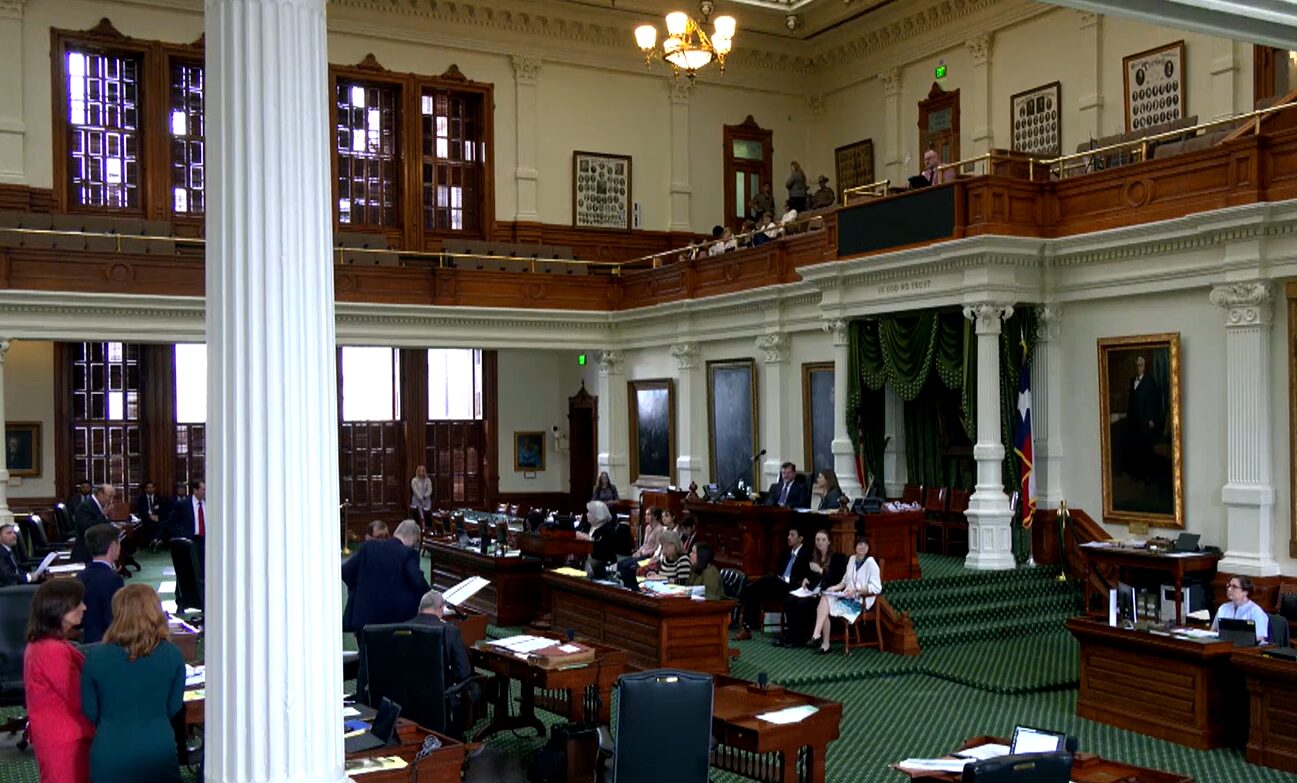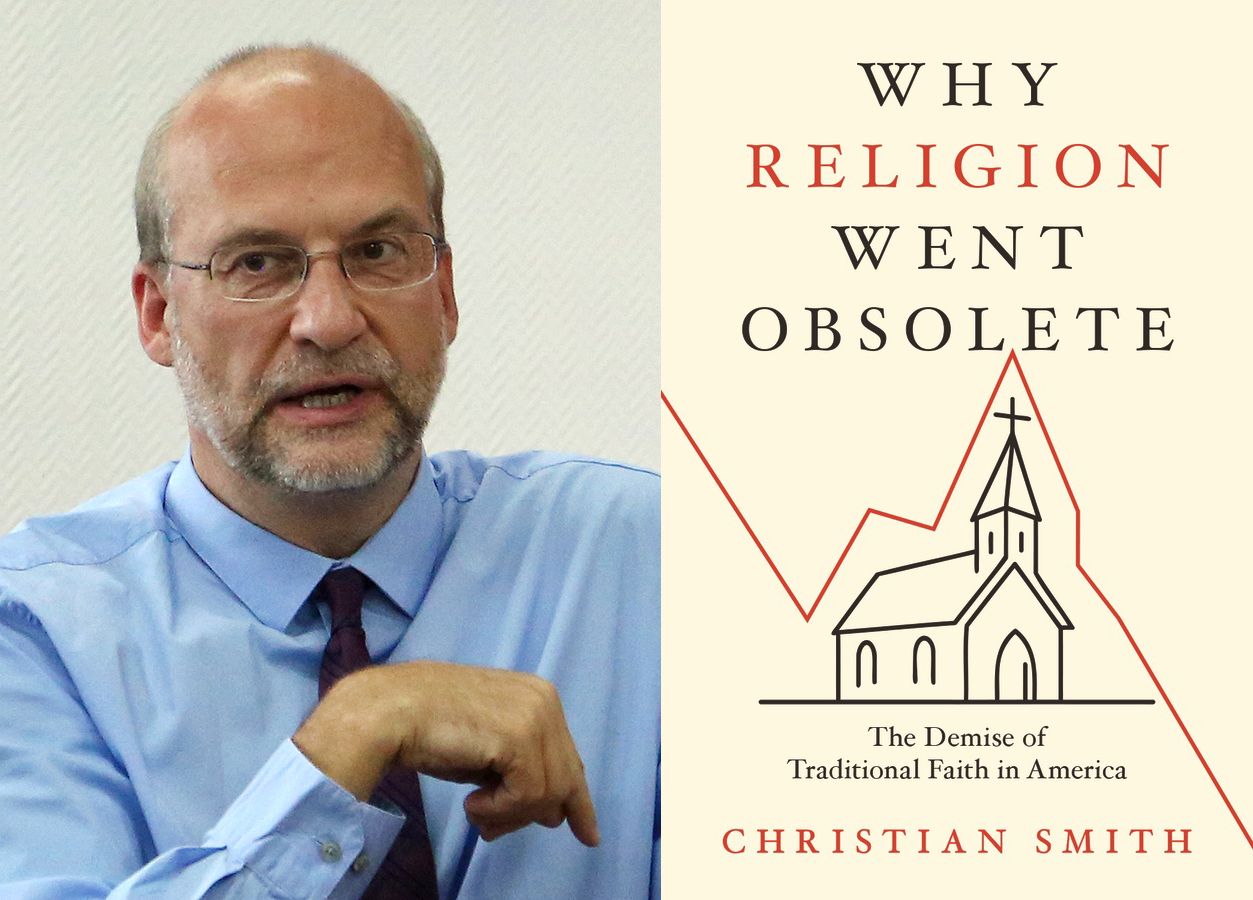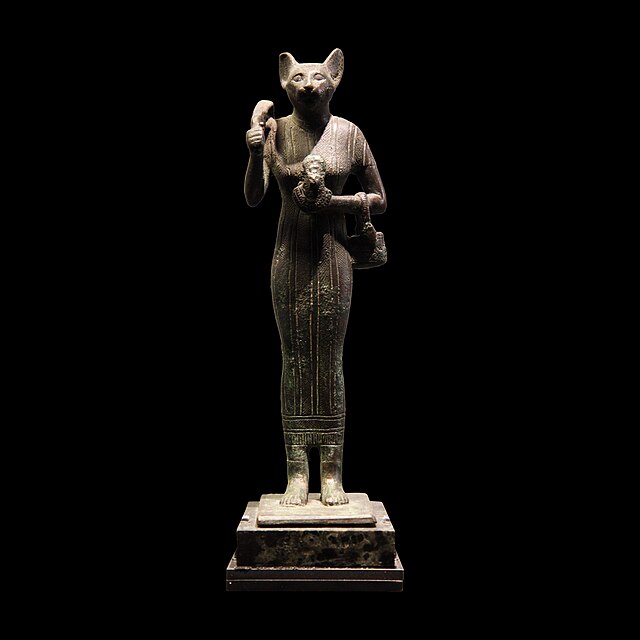Faith in the Classroom: Texas Senate Clears Path for Teacher Religious Expression
Religion
2025-04-02 14:41:18Content

A contentious religious freedom bill has sparked heated debate in the state legislature, with Republican State Senator Tan Parker defending Senate Bill 965 as a straightforward legal clarification. Parker argues that the legislation simply reinforces a landmark U.S. Supreme Court decision protecting individuals' rights to religious expression.
However, Democratic lawmakers are pushing back, asserting that the bill goes far beyond a mere legal codification. They contend that the proposed legislation could potentially create an environment of religious coercion, particularly in settings where individuals have limited ability to opt out or escape.
The proposed bill has become a flashpoint in the ongoing national conversation about the delicate balance between religious liberty and protecting individuals from unwanted religious influence. While supporters see it as a necessary protection of First Amendment rights, critics warn of potential overreach that could infringe on personal freedoms.
Religious Freedom or Coercion? Texas Senate Bill Sparks Heated Debate
In the heart of Texas, a legislative battle is brewing that challenges the delicate balance between religious liberty and individual rights. The proposed Senate Bill 965 has ignited a passionate discourse that cuts to the core of constitutional protections and social dynamics in the Lone Star State.When Religious Rights Collide with Personal Freedoms
The Legislative Landscape of Religious Expression
The Texas Senate has become a battleground for a complex legal and philosophical debate that transcends simple political divisions. Senate Bill 965, championed by Republican lawmakers, represents a nuanced attempt to codify religious protections that some view as essential safeguards, while others perceive as potential overreach. Republican State Senator Tan Parker argues that the bill is fundamentally about preserving constitutional guarantees of religious freedom. His perspective stems from a deep-rooted belief that individuals should have unencumbered ability to express their religious convictions without fear of institutional reprisal or social marginalization.Constitutional Tensions and Legal Interpretations
The proposed legislation draws its inspiration from recent Supreme Court rulings that have consistently emphasized the importance of religious exercise as a fundamental constitutional right. However, Democratic opponents argue that the bill goes far beyond mere protection, potentially creating mechanisms for religious coercion. Legal experts suggest that the bill's language could create problematic scenarios where religious beliefs might be imposed on individuals who find themselves in captive environments. This raises critical questions about the boundaries between personal religious expression and institutional neutrality.Societal Implications and Broader Context
The debate surrounding Senate Bill 965 reflects broader cultural tensions that extend well beyond Texas state lines. It represents a microcosm of ongoing national discussions about the role of religious beliefs in public and private spheres. Scholars and policy analysts have noted that such legislative efforts often emerge from complex social dynamics, where traditional religious perspectives clash with evolving societal norms. The bill becomes a symbolic battleground for competing interpretations of constitutional freedoms.Voices of Dissent and Support
Democratic lawmakers have been vocal in their criticism, arguing that the bill potentially creates mechanisms for religious imposition. They contend that true religious freedom should protect individuals from unwanted religious influence, particularly in institutional settings where power dynamics are inherently unbalanced. Conversely, conservative supporters argue that the legislation is a necessary bulwark against what they perceive as increasing secularization and marginalization of religious perspectives in public discourse.Potential Consequences and Future Implications
The proposed bill could have far-reaching consequences for how religious expression is understood and protected in institutional settings. Educational institutions, government offices, and private organizations might need to reassess their policies and practices in light of potential legislative changes. Legal scholars predict that if passed, the bill could become a significant precedent for similar legislation in other states, potentially reshaping the national conversation about religious liberty and individual rights.RELATED NEWS
Religion

Faith in Flux: How Modern Society is Leaving Traditional Religion Behind
2025-04-12 13:30:00
Religion

Punk Rock Invasion: Legendary Bands Descend on Palladium for Epic 'Punk in the Park' Showdown
2025-04-18 14:43:25






